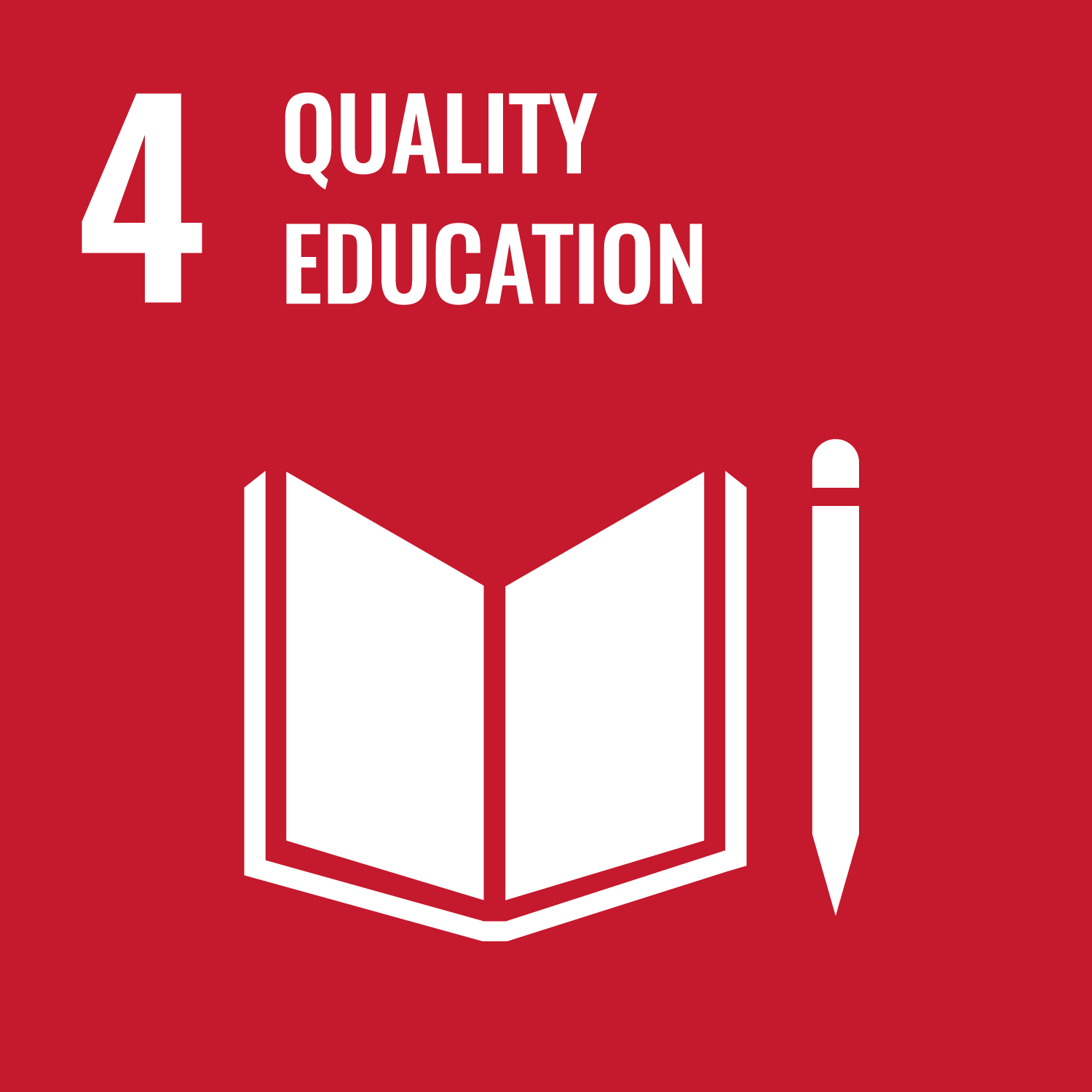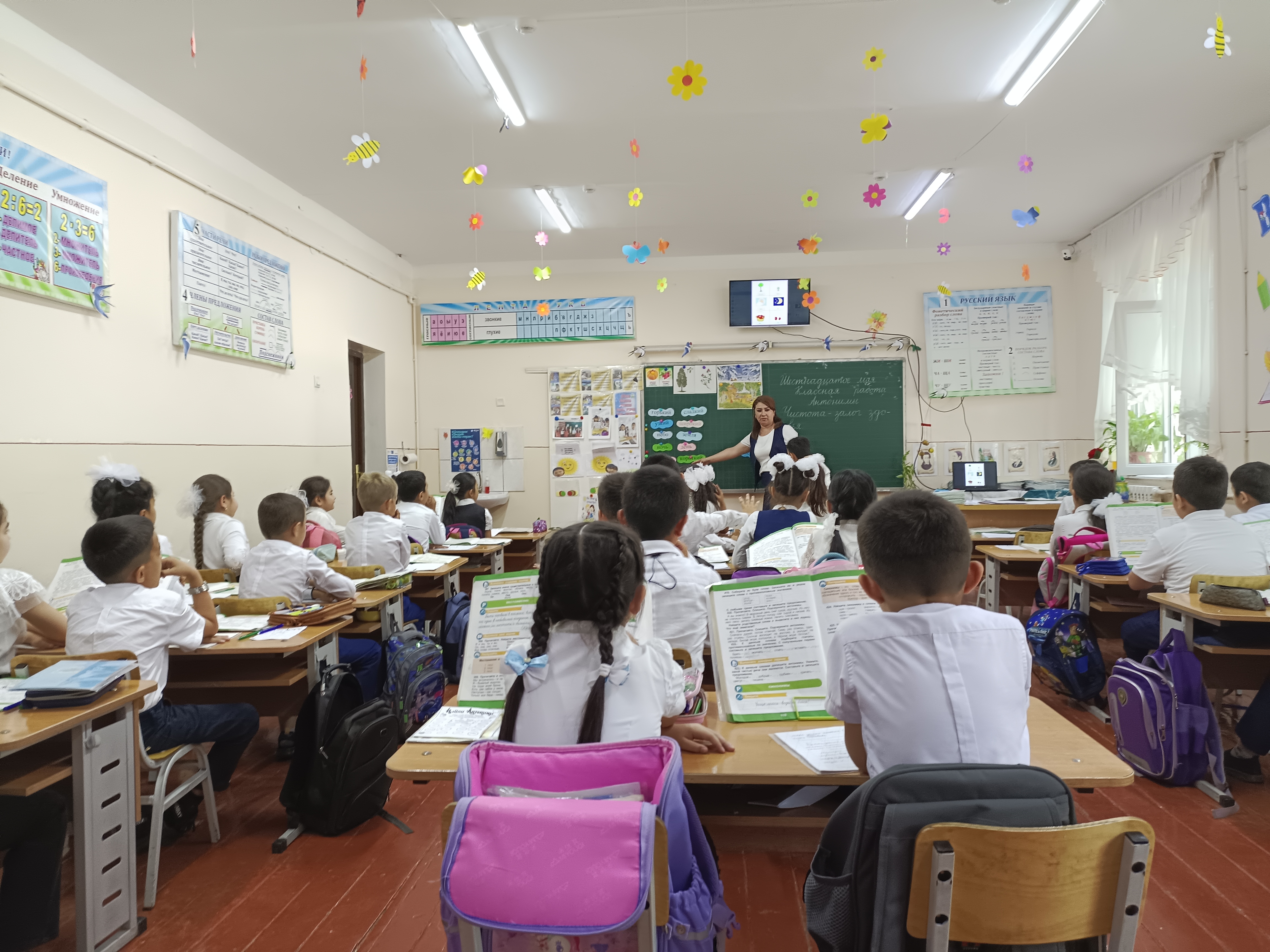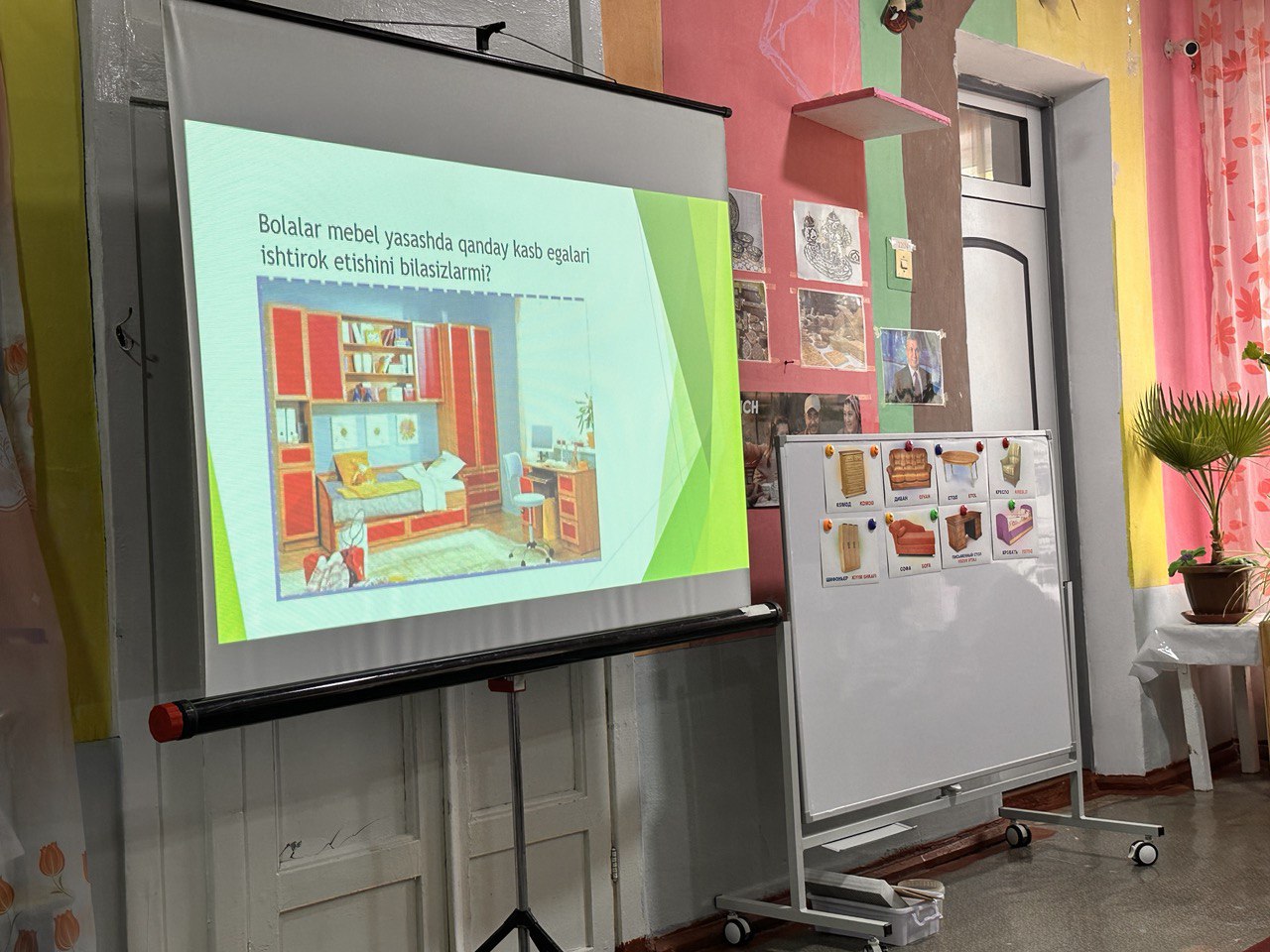Results from “Project for Strengthening Practice of Inclusive Education in Preschool Education”

2024.09.20
The “Project for Strengthening Practice of Inclusive Education in Preschool Education (SPISE-UZB)” (Nov 2021 – Nov 2024) is now in its final stage. Through this project, in-service teacher training on special needs education and inclusive education was developed. With the support of the National Agency of Social Protection, Ministry of Preschool and School Education, and all of the educators involved, the following activities have been conducted: training of trainers, development of practical training programs, teaching materials, and evaluation tools, and the introduction of these newly developed training contents into teacher training programs for preschool teachers and elementary school teachers where young children with disabilities study. It was agreed among the parties involved that these training programs will continue to be implemented as official in-service teacher training programs of the Uzbekistan government after the completion of the project.
The development of and the implementation of the training programs, as well as the post-training follow-up activities have resulted in changes in teachers and children with disabilities.
Changes in teachers have been observed in a wide range of areas, including teaching methods, development of teaching materials and their utilization, both in kindergarten and elementary schools. For example, in terms of teaching methods, we used to see situations where teachers were quick to help children with disabilities. Through the training and follow-up provided by the project, teachers have learned to “let the children work on their tasks first, and then wait” in order to encourage children's self-determination and independence. In addition, teachers have been observed to increasingly understand the needs and the level of individual support each child in the classroom require. Teachers were observed to change the questions and adjust assignments for each child based on his/her individual needs. As for teaching materials, teachers were seen to work on improving visualization by creating their own teaching/learning materials and visualization tools to effectively convey daily activities and schedules for each class, which were especially helpful for children with intellectual and developmental disabilities.
As for changes seen in children, it has been reported that when teachers set simple realistic goals for children and devised teaching methods catered to the individual needs, children better understood and were able to follow the instructions of the teachers and improve their learning in the classroom. Another example is of a child who was unable to speak, make presentations, or write at school when she first entered an inclusive education classroom at an elementary school; she is now able to talk with friends sitting next to her, accept help by others, and write answers on the blackboard with the teacher's assistance. Furthermore, it is reported that children without disabilities have become more active in providing personal and academic support to children with disabilities.
Lastly, the project has also generated impact that was not part of the original plan at the start of the project. One example is the “Individualized Educational Plan (IEP),” which is one of the topics covered in the project's newly developed training lectures. Prior to the project, IEPs were not utilized; however, through this project, several schools have been observed to use IEP formats to monitor the progress of children’s learning. This comes from a pilot initiative by the Government of Uzbekistan to local education offices nationwide in 2023, where IEP formats have been distributed to support the learning of children with special educational needs in mainstream schools.
(*IEP is an instructional plan for children with special educational needs that specifically describes instructional goals and content in order to provide appropriate instruction for each child according to his/her individual needs, based on the curriculum and other factors.)
The activities and initiatives implemented through this project in the last 3 years are gradually but surely bearing fruits. This is all because of the enthusiastic efforts, cooperation, and support of the government agencies of Uzbekistan, teachers, children, and their parents. We sincerely hope that even after the completion of this project, Uzbekistan will continue to utilize and build upon the learnings and results obtained from this project, and to promote quality inclusive education and special needs education.


scroll